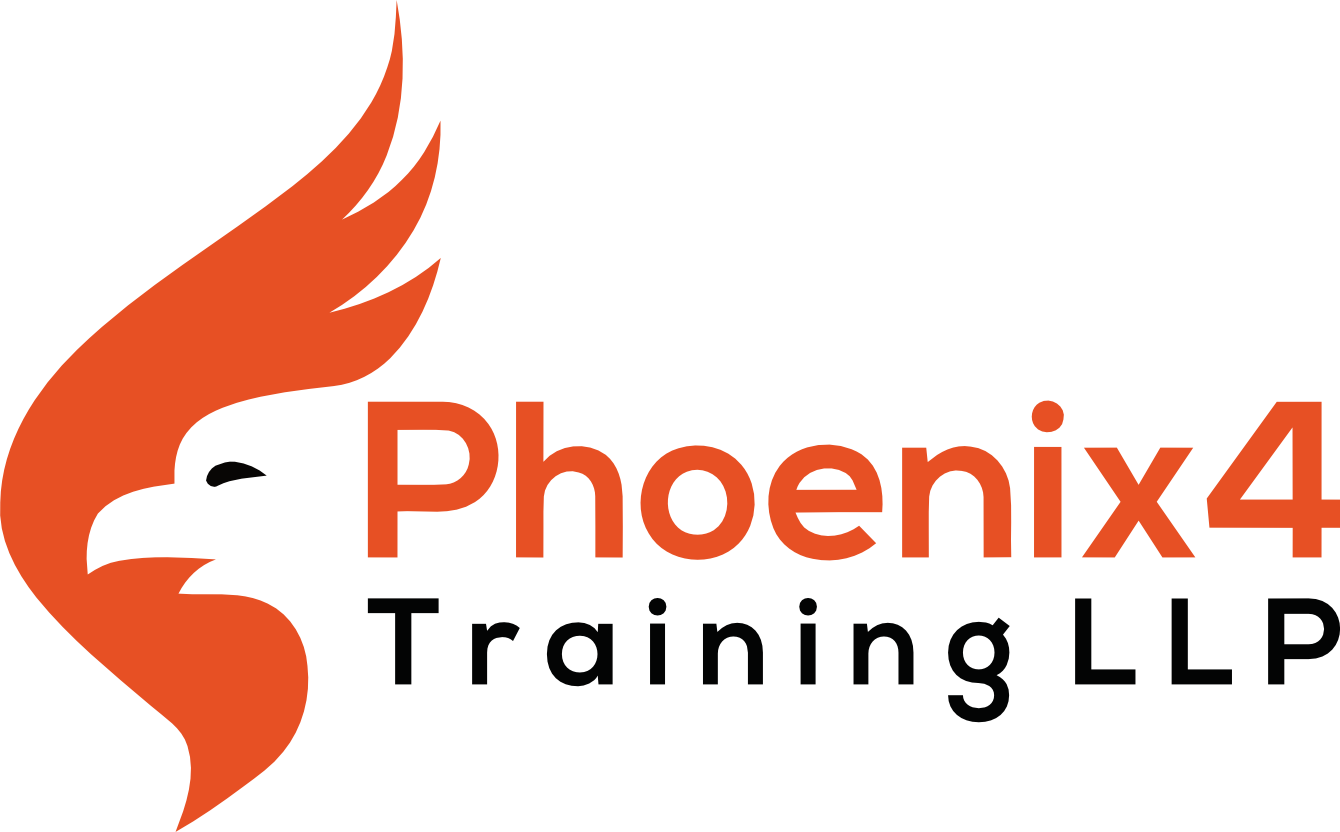
What is an Apprenticeship Standard?
An apprenticeship standard is a nationally recognised training programme mapped to a specific role within a huge range of industries.
Originally known as ‘frameworks’, standards were introduced to improve provision quality, ensure training was aligned with employer needs and guarantee that learners were fully competent in their given role. Each standard is developed by industry-leading employers and apprenticeship experts through a board of “trailblazers”.
When were apprenticeship standards introduced?
Apprenticeship standards were first introduced in 2017. From 2020, all apprenticeship starts are standards, as was their goal when announced in 2015. All framework enrollments ended on 31st July 2020.
What is the difference between an apprenticeship framework and standard?
Frameworks are the old apprenticeship schemes and were replaced by apprenticeship standards. They were officially removed in the 2020/2021 academic year.
Frameworks provided the learner with a qualification, with assessments performed throughout the programme on a range of competencies. Apprentices would complete their national apprenticeship framework with either a competency or technical-based qualification, such as an NVQ or BTEC.
They were based on combinations of units with specific qualifications. Apprentices would complete various units throughout their apprenticeship, but wouldn’t necessarily return to them again. This meant that many apprentices may not necessarily have all the skills required for the job role.
Instead, standards place more emphasis on the ‘learning’ aspect of apprenticeships, as opposed to ‘assessment’. Developed by industry-leading trailblazers (and with less reliance on regular assessments) standards increase the overall quality of apprenticeships for all industries.
Apprenticeship standards are governed by the Institute for Apprenticeships (IFA), ensuring that apprenticeships are delivered to the highest standards. They are more aligned to the needs of employers, as they are developed by boards of industry leaders. As of 2021, there were 598 apprenticeship standards, compared to 300 in 2017.
What is a trailblazer apprenticeship?
A trailblazer apprenticeship is a new apprenticeship standard. Trailblazer groups are made up of 10 employers at least. Groups of trailblazers are industry-leading employees and apprenticeship experts from common industries develop the apprenticeship standards. Each trailblazer must be recognised by the Institute for Apprenticeships, and employ people within the industry.
Apprenticeships Standards End Point Assessments
There is an End-Point Assessment period of up to three months after the programme, in which the learner is tested by an independent assessor. This is a more rigorous approach than with frameworks, resulting in a higher quality of provision. Apprentices are tested on their skills, knowledge and behaviours that they have learned throughout their course.
Learners must pass the assessment to achieve their accredited standard. You can learn more about the End-Point Assessment from our menu.
Apprenticeship Standards funding bands
Apprenticeship standards have a funding band set by the government. Each funding band is a guide to the cost of the programme, and acts as the upper limit for the amount the government will contribute towards each apprentice trained.
Each apprenticeship standard is allocated to one of 30 funding bands which range from £1.5K to £27K. The amount of funding you will be able to access depends on your apprenticeship levy contributions.
Employers with a payroll of at least £3 million use the funding bands to cover the cost of an apprenticeship and all costs involved in the running of the apprenticeship programmes. You can only use your levy funds towards a programme costed within the funding band. The upper limit of each band is the maximum amount you can use towards an apprenticeship, if you pay the apprenticeship levy. If you don’t, then the bands set the maximum amount the government contributes to the apprenticeship.
The funding from these bands cannot be used for apprentice wages, but instead are used for training and assessment.
Apprenticeship Standards with Phoenix 4 Training
As an early adopter of the apprenticeship standards, we know how to deliver award-winning apprenticeship training programmes to our employer partners and have the expertise required to help both employers and learners make the most of their apprenticeship journeys.
